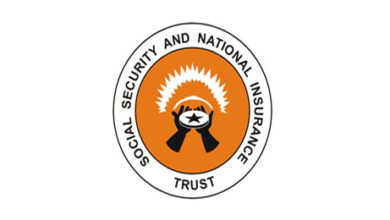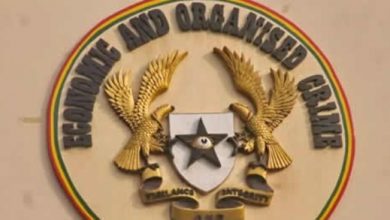World Bank projects 7.5% growth of Ghana’s economy

Ghana’s economy is projected to grow by 7.5 per cent in 2019 from the 6.3 recorded last year, a study by the World Bank has stated.
The growth is expected to be driven by both the oil and non-oil sector, which would remain high at 6.2 per cent, owing to revitalised productive sectors due to policy interventions in agriculture and industry.
Although government sustained its fiscal consolidation efforts in 2018, despite shortfalls in revenue, it was expected to slow in 2019 with an intact overall outlook within the medium term.
Presenting the report in Accra on Friday, Michael Geiger, Senior Economist and Co-Author of the report, said there was the need for the government to invest Ghana’s current natural resource wealth in non-natural resource sectors for sustainable growth in the medium to long term.
He said an effective domestic resource mobilisation strategy was an urgent priority as the reduction of expenditures, including public investment, in response to revenue under-performances would not be sustainable.
The upcoming 2020 elections, he explained, was a test for the country’s fiscal sustainability as election-related spending, negative developments in the already vulnerable financial sector and unfavourable external financing conditions could be a threat to fiscal and debt dynamics.
Carlos Vicente, Senior Financial Sector Specialist and Co-Author, said addressing vulnerabilities in the financial sector was urgent and would require additional expenditure of GH¢5.5 billion to solve all challenges related to microfinance institutions, savings and loans among others.
“It is encouraging to note that the authorities are strengthening supervision, including through enforcement of prudential standards, implementation of new capital requirements directives, introduction of risk management and corporate governance, among others. These will strengthen resilience and stability of the banking system in the medium term,” he added.
Kwabena Gyan Kwakye, an economist, said the roll out of interoperability payment platform across the various networks resulted in the growth of the financial sector assets from 53 per cent of Gross Domestic Product (GDP) to 78 per cent in 2017.
He recommended to the government to digitise government and utility payments to drive financial inclusion, specifically in the area of government collections and utility payments as well as promote agent banking and other low-cost models to increase their accessibility in the country.
Mr Kwakye called for concerted efforts to improve financial capability through financial literacy programmes to empower financial consumers with the needed information to identify the benefits and risks of financial products.
To improve access to finance, he urged the government to take the lead in developing sound policies and legal frameworks to mandate data-sharing and link informal businesses with formal financial services to improve inclusion.
Country Director of the World Bank, Henry Kerali, said it was imperative to leverage the momentum created by the fiscal responsibility law to ensure fiscal sustainability was maintained across economic and political cycles.





